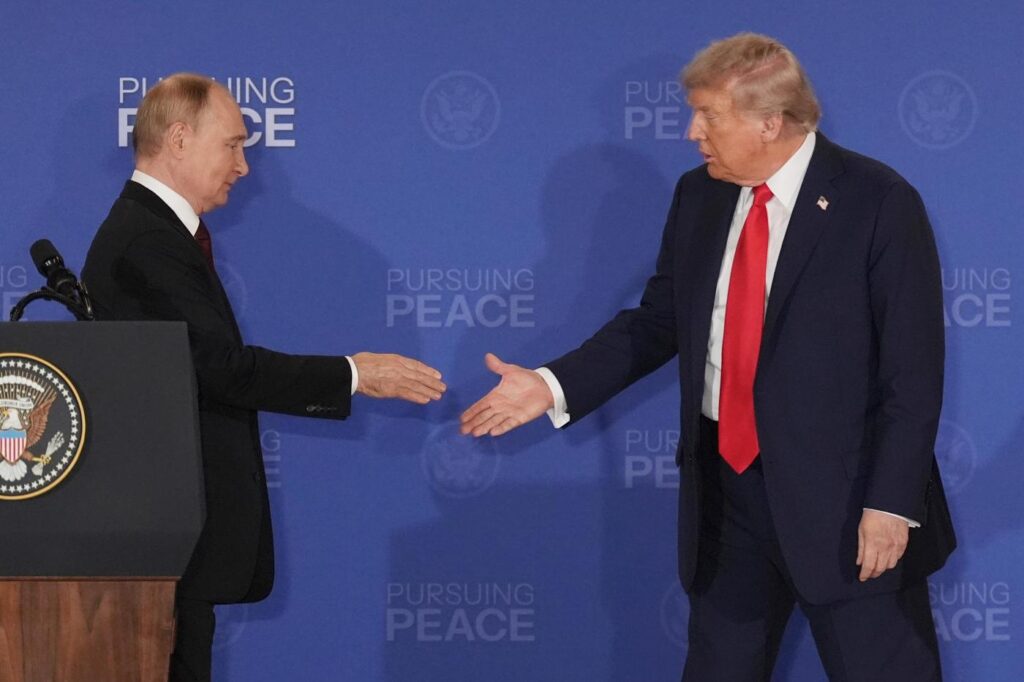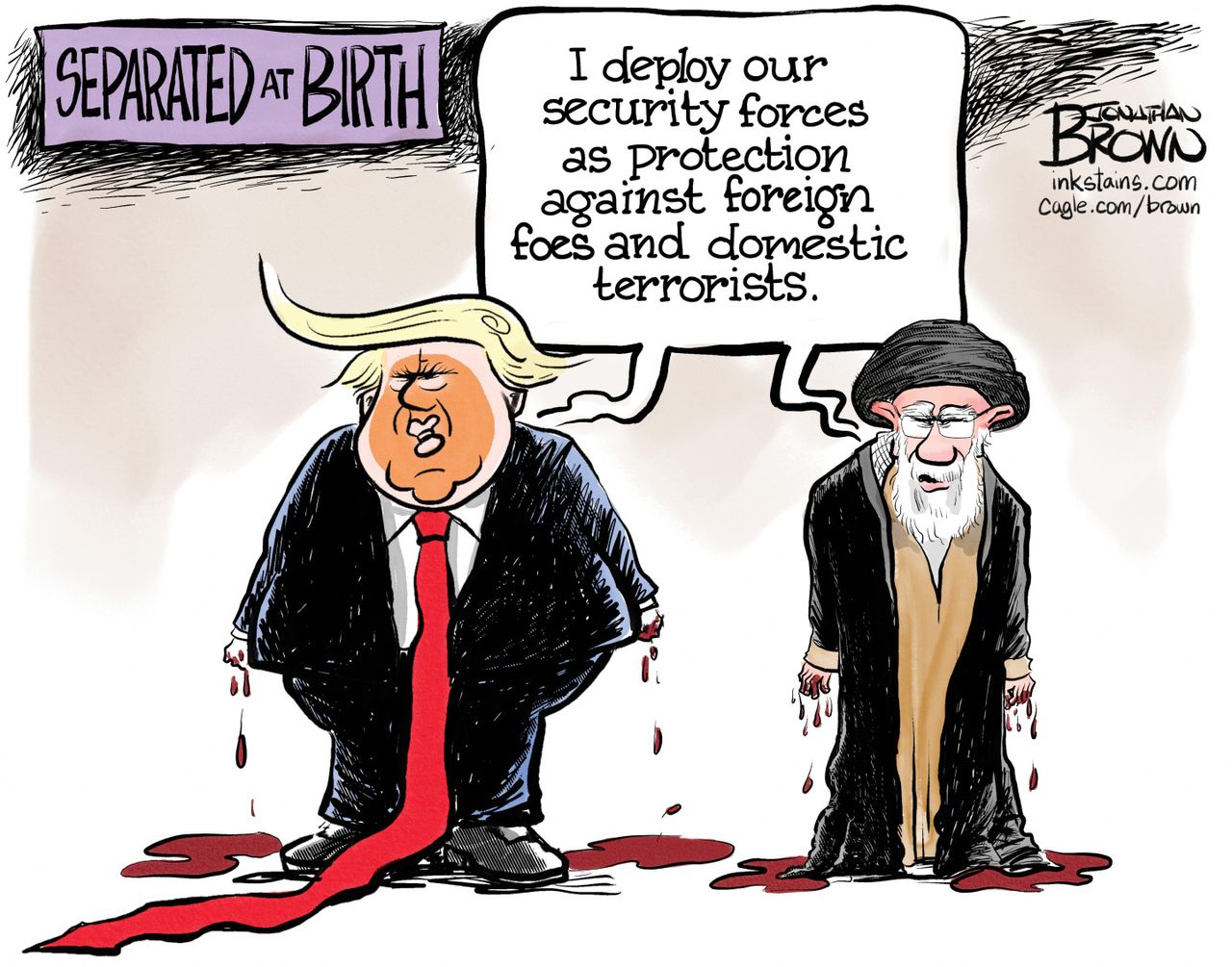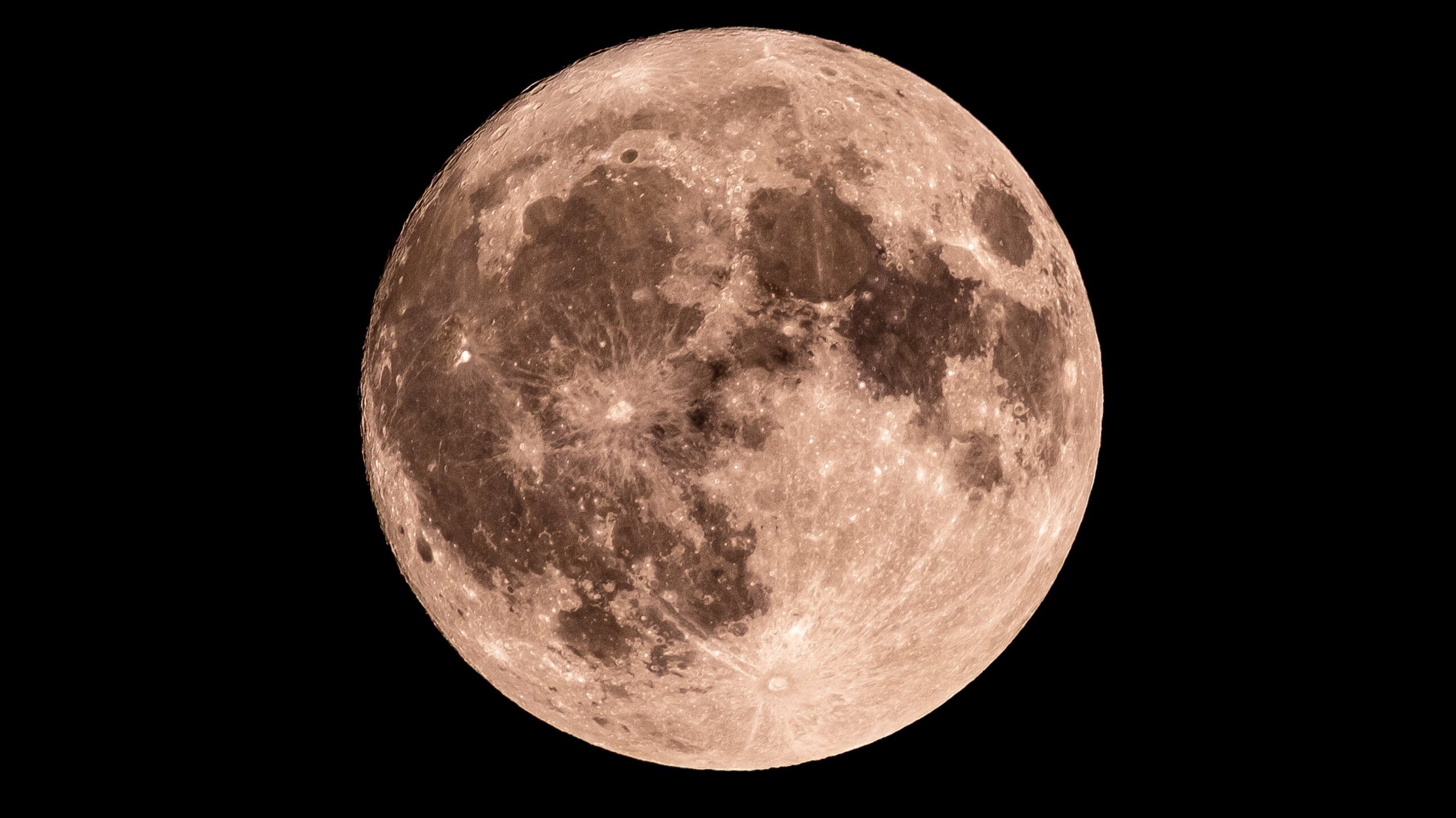
The recent summit in Alaska between Vladimir Putin and Donald Trump yielded no significant progress toward a ceasefire in the ongoing conflict in Ukraine. While the gathering was largely viewed as a public relations event for the Russian leader, it failed to address the pressing need for peace in the region. Observers noted that the summit provided Putin with striking visuals, including U.S. troops rolling out the red carpet for him upon arrival.
Despite Trump’s apparent admiration for Putin, the dynamics of their relationship suggest a lack of mutual respect. The Russian leader, a former KGB officer, appears to perceive Trump as an opportunistic figure rather than a serious counterpart in international diplomacy. As a result, the prospect of any meaningful negotiations regarding Ukraine remains dim.
Recent discussions have shown that Putin is not genuinely interested in a swift resolution to the conflict. Instead, he appears to be exploiting the situation to further his own agenda, including sowing discord within American politics. Trump’s willingness to entertain Putin’s tactics raises concerns about the implications for U.S. foreign policy and global stability.
Ukrainian President Volodymyr Zelenskyy was notably absent from this summit, despite the discussion’s focus on Ukraine’s future. This exclusion is particularly striking, given that it has been nearly four years since Russia’s full-scale invasion of Ukraine began. Zelenskyy’s upcoming meeting at the White House presents an opportunity for Trump to reaffirm U.S. support for Ukraine, although the effectiveness of this gesture remains to be seen.
Concerns Over Continued Aggression
The situation on the ground in Ukraine continues to deteriorate, with reports indicating an escalation in Russian attacks on civilian infrastructure. Despite the pretense of engaging in peace talks, Putin’s military actions suggest a strategy aimed at undermining Ukrainian morale and gaining territorial advantages. The international community is urged to remain vigilant in its stance against any resolution that would allow Russia to maintain territory acquired through force.
As Trump prepares for his meeting with Zelenskyy, the stakes are high. Many hope that the U.S. will take a strong position against any attempts to negotiate concessions that would benefit Putin. The implications of this meeting extend beyond mere diplomatic niceties; it signals to the world whether the U.S. will stand firm against aggression or allow itself to be manipulated by a leader known for his disregard for international law.
The upcoming discussions should center on achieving an immediate ceasefire and establishing a framework for a longer-term peace process. The international community must convey a clear message to Putin that any resolution must prioritize the sovereignty of Ukraine and reject any outcomes that reward aggression. The potential repercussions of failing to uphold these principles could lead to further conflict and instability in the region.
In summary, the Alaska summit served as a platform for propaganda rather than a genuine effort toward peace. As world leaders observe the unfolding events, it remains critical that they advocate for a unified stance against the violations of international norms, ensuring that the lessons of history are not forgotten.






